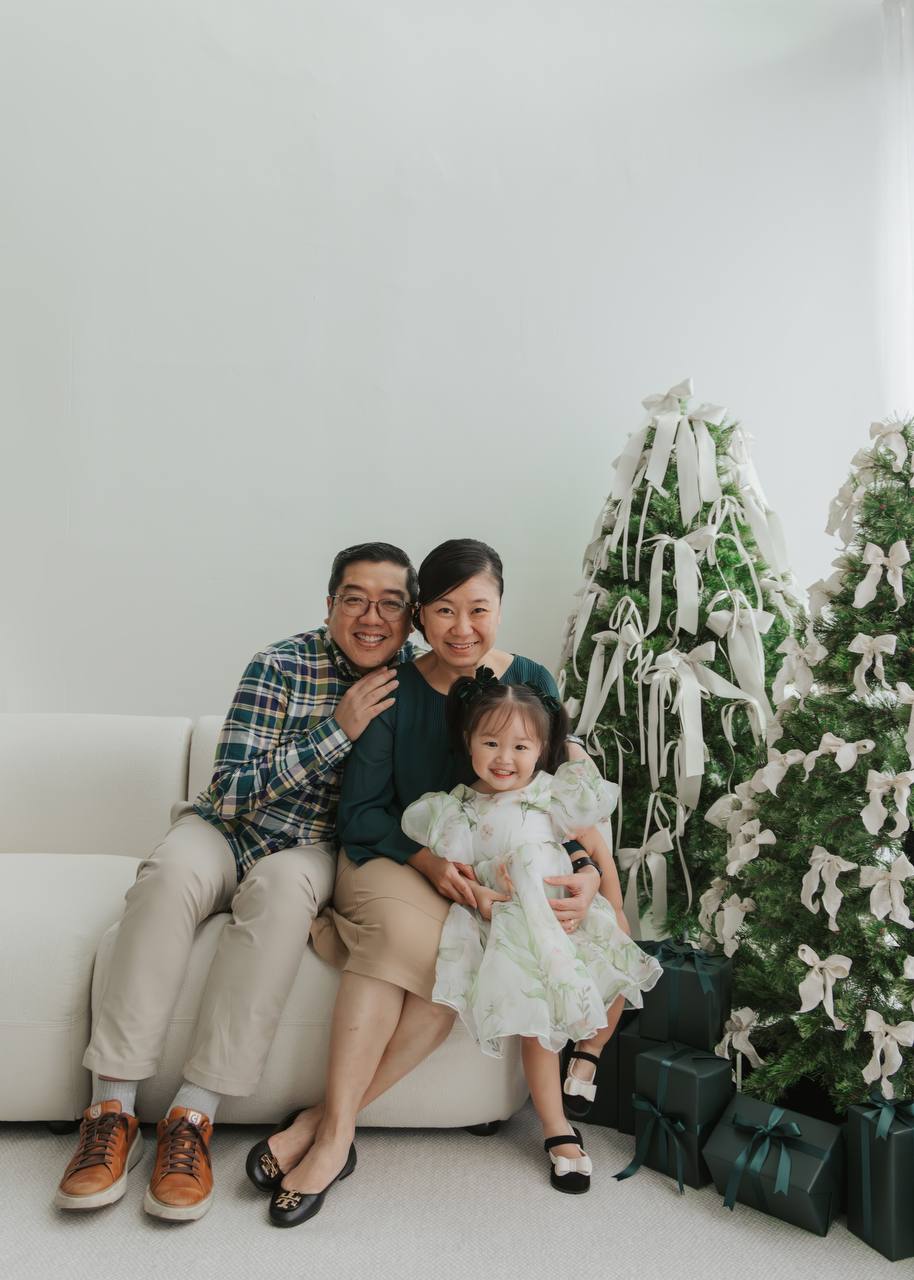I recently had the privilege of spending time with my little granddaughter, who is almost two years old. As I cared for her, laughed with her, and observed her interactions, I realized she was teaching me far more than I was teaching her. Her simple, profound way of seeing the world began to work its way into my heart and mind, challenging some deeply rooted assumptions and patterns of thought.
The Trust of a Child
One thing that stood out most was her unwavering trust. She doesn’t analyze people’s motives. She doesn’t question whether someone is being kind out of genuine love or because they want something in return. To her, people are simply people. Her world is built on trust, not suspicion. Her little hands reach out confidently, her eyes sparkle with expectation, and her heart is open to receive.
Watching her, I realized how far removed I had become from this innocent trust. As adults, life teaches us to be cautious. Painful experiences condition us to doubt. When we are hurt, we can see threats where there are none, assuming others have hidden agendas or ulterior motives. This way of thinking can quickly become a habit, and soon, our minds are clouded with suspicion, leading us to false assumptions and unnecessary fear.
The Wisdom of Jesus’ Words
It was then I remembered the words of Jesus in Matthew 18:3 (NKJV):
“Assuredly, I say to you, unless you are converted and become as little children, you will by no means enter the kingdom of heaven.”
Could this be one reason Jesus told us to be like little children? To lay down our constant judgment of others’ motives and approach life with a pure heart? Children forgive quickly. They let go of offences with ease. They don’t carry the weight of suspicion or bitterness. Their thoughts are pure, free from the tangled webs we often weave as adults.
Trusting God’s Protection Even When Intentions Are Ill
Yet, as we know, sometimes people do have ill intentions. The wounds inflicted by others can be real and intentional. But here’s the comforting truth: even in those moments, God protects us. The story of Joseph stands as a powerful reminder.
Joseph’s brothers sold him into slavery out of jealousy and malice. Yet, despite their evil intent, God’s hand of protection and purpose remained on Joseph’s life. Joseph himself recognized this when he said in Genesis 50:20 (NKJV):
“But as for you, you meant evil against me; but God meant it for good, in order to bring it about as it is this day, to save many people alive.”
Joseph’s story teaches us that even when people’s motives are impure, God can use their actions for our good. Our role is to remain pure in our thoughts and trust God to handle the outcomes. As Romans 8:28 (NKJV) assures us:
“And we know that all things work together for good to those who love God, to those who are the called according to His purpose.”
Letting Go of False Assumptions
My granddaughter’s way of seeing people inspired me to take a hard look at my own heart. How often had I assumed someone was acting with bad intentions, simply because I was still nursing a wound? How many relationships had I strained because I let suspicion cloud my mind instead of extending grace?
Her innocent trust reminded me that I, too, have the choice to let go. To stop holding onto false assumptions. To forgive. To choose the purity of thought that comes from seeing others through a lens of grace rather than suspicion.
A Path to Freedom and Purity of Thought
When we choose to think well of others — to extend trust instead of doubt — we experience a kind of freedom. We are no longer trapped by our past hurts or paralyzed by fear of future wounds. We can walk with peace and joy, knowing that even if someone does disappoint us, we have the strength to forgive and move forward.
The Apostle Paul encourages us in Philippians 4:8 (NKJV):
“Finally, brethren, whatever things are true, whatever things are noble, whatever things are just, whatever things are pure, whatever things are lovely, whatever things are of good report, if there is any virtue and if there is anything praiseworthy—meditate on these things.”
Becoming Childlike in Faith and Forgiveness
As I continue my faith journey, I pray that I can become more childlike in this way — not naive or unaware, but free. Free to think well of others. Free to forgive quickly. Free to embrace purity of thought. My granddaughter may be small, but the lesson she taught me is vast: trust and forgiveness clear the path to a heart at peace.
And even when the motives of others aren’t pure, I trust that God is my protector, defender, and ever-present help. May we all strive to trust like children, think purely, and rest assured that God is working all things for our good.






Leave a comment